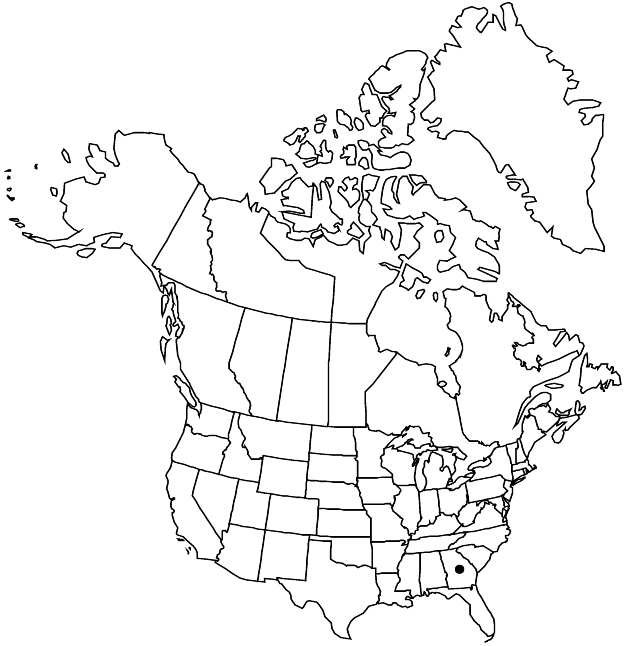Difference between revisions of "Sedum lineare"
in J. A. Murray, Syst. Veg. ed. 14, 430. 1784,.
FNA>Volume Importer |
FNA>Volume Importer |
||
| Line 47: | Line 47: | ||
|publication year= | |publication year= | ||
|special status= | |special status= | ||
| − | |source xml=https://jpend@bitbucket.org/aafc-mbb/fna-data-curation.git/src/ | + | |source xml=https://jpend@bitbucket.org/aafc-mbb/fna-data-curation.git/src/f6b125a955440c0872999024f038d74684f65921/coarse_grained_fna_xml/V8/V8_443.xml |
|genus=Sedum | |genus=Sedum | ||
|species=Sedum lineare | |species=Sedum lineare | ||
Revision as of 20:29, 24 September 2019
Herbs, perennial, mat-forming, glabrous. Stems ascending or decumbent, branched, not bearing rosettes. Leaves in whorls of 3(–4), spreading, sessile; blade green, not glaucous, linear-lanceolate to linear, ± laminar, 7–30 × ca. 2 mm, base short-spurred, not scarious, apex obtuse to subacute. Flowering shoots ascending or pendulous, simple, 10–30 cm; leaf blades linear, base short-spurred; offsets not formed. Inflorescences lax cymes, 10–60+-flowered, (1–)2(–3)-branched; branches spreading to widely ascending, sometimes forked; bracts similar to leaves. Pedicels absent. Flowers 5-merous; sepals spreading, distinct basally, yellowish green, linear-lanceolate, often unequal, 1.5–7(–11) × 2 mm, apex subobtuse to subacute; petals spreading, distinct, yellow, oblong, not carinate, 4–9 mm, apex subobtuse; filaments yellow; anthers dark yellow; nectar scales yellow, square-spatulate. Carpels divergent in fruit, distinct, yellowish green. 2n = 72.
Phenology: Flowering spring.
Habitat: Margins of granitic flatrocks
Elevation: ca. 100 m
Distribution

Ga., e Asia, probably introduced also in e Europe.
Discussion
Sedum lineare has pale greenish yellow flowering shoots. It has become established in Columbia County, Georgia (W. H. Duncan 1985).
Selected References
None.